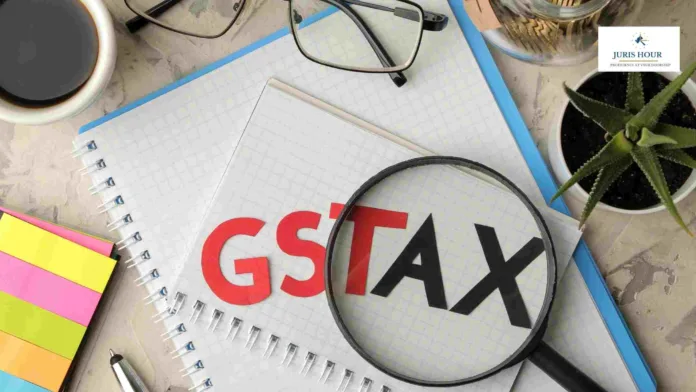The Goods and Services Tax (GST) Composition Scheme continues to serve as a simplified tax compliance option for small businesses in India, offering fixed tax rates and reduced paperwork. Designed primarily for small taxpayers, the scheme aims to ease the compliance burden while ensuring predictable tax obligations.
Table of Contents
Eligibility Criteria
Businesses with an annual turnover of up to ₹1.5 crore (₹75 lakh for special category states) can opt for the composition scheme. Eligible taxpayers include traders, manufacturers, and small restaurants. Additionally, a special provision allows service providers with turnover not exceeding ₹50 lakh to avail the scheme.
Who Cannot Apply
Certain categories are excluded from the scheme. These include inter-state suppliers, e-commerce sellers registered under Tax Collected at Source (TCS) provisions, and manufacturers or sellers of alcohol, ice cream, tobacco, and pan masala.
Applicable Tax Rates
Under the GST Composition Scheme, fixed tax rates apply to different categories:
- Traders and manufacturers: 1%
- Restaurants (serving non-alcoholic beverages): 5%
- Small service providers (special scheme): 6%
Key Compliance Points
Opting for this scheme means businesses cannot claim Input Tax Credit (ITC) on their purchases. Instead of a GST invoice, they must issue a Bill of Supply, clearly stating that GST is not charged. Tax payments are to be made quarterly, while returns are filed annually, reducing the frequency of compliance tasks compared to the regular GST system.
Ease for Small Businesses
Tax experts say the scheme is particularly beneficial for small businesses looking to avoid complex GST compliance requirements. “For those with limited operations and local sales, the composition scheme can significantly cut down administrative costs,” said a tax consultant.
With its lower compliance burden and straightforward tax rates, the GST Composition Scheme continues to be a viable option for small traders and service providers—provided they meet the eligibility conditions and operate within the prescribed turnover limits.

